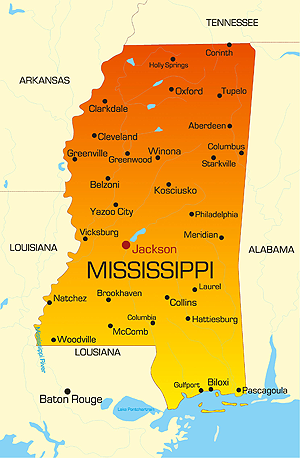A portal website bringing together vital information about natural gas and natural gas vehicles.

| Legislative Session Dates: | April 2nd - No end date given |
| Legislature Website: | Mississippi Legislature Website |
This state was last examined and updated in August, 2016.
